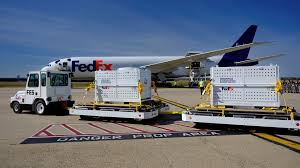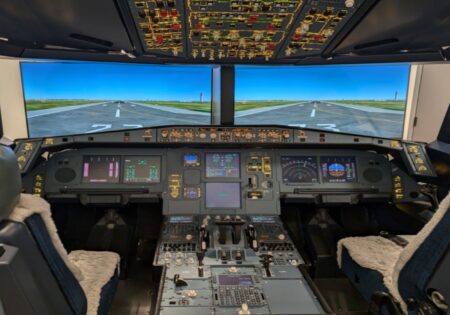Ankit Kumar shares insights on how AI-powered drones are revolutionising logistics. From faster last-mile deliveries to overcoming operational challenges, drones equipped with artificial intelligence are paving the way for a smarter, more efficient supply chain.

Future of drone technology in logistics holds immense potential
The logistics industry is undergoing a transformative shift with the integration of drone technology, particularly in last-mile delivery. According to Ankit Kumar, CEO, Skye Air, drones offer unparalleled speed, efficiency, and sustainability, addressing many challenges posed by traditional delivery methods. By bypassing ground traffic, they ensure timely deliveries, enhancing customer satisfaction and reducing delivery times from hours to mere minutes. Skye Air has been at the forefront of this innovation, pioneering services that set new standards for efficiency in logistics.
Advanced capabilities
The effectiveness of drones in logistics stems from their advanced technological features. Equipped with high payload capacities, drones can handle substantial loads, making them suitable for a wide range of deliveries. Extended flight ranges allow them to cover larger areas, including remote or inaccessible locations. Additionally, sophisticated navigation systems enable precise deliveries, even in congested urban environments. These innovations have positioned drones as a reliable solution for tackling complex logistics challenges efficiently.
Speed redefined
One of the most significant benefits of drones in logistics is their ability to deliver goods quickly and reliably. By avoiding road-based transportation, drones eliminate delays caused by traffic congestion and reduce dependency on traditional infrastructure. Autonomous operation further enhances reliability, minimising human error in the delivery process. However, for drones to become a mainstream logistics solution, improvements are needed in several areas, including regulatory frameworks, infrastructure development, and public acceptance. Enhancing battery life and increasing payload capacity will also be critical in expanding their operational scope and efficiency.
Seamless connectivity
The integration of drone technology into existing logistics systems is essential for ensuring seamless operations. This involves connecting drones with warehouse management systems and route optimisation software to provide real-time data on package readiness and delivery routes. Efficient communication channels allow drones to operate in synchronisation with traditional logistics workflows, ensuring timely and accurate deliveries. As drone traffic management systems continue to evolve, integrating them into larger supply chain networks is becoming increasingly feasible.
Emerging potential
The future of drone technology in logistics holds immense potential. Advancements in artificial intelligence, machine learning, and autonomous navigation are expected to make drones even more efficient, enabling real-time decision-making during deliveries. Improvements in battery technology will allow drones to operate over longer distances, expanding their reach. Additionally, the development of robust regulatory frameworks and public trust will play a pivotal role in the widespread adoption of drone delivery systems. By 2030, many experts predict that drones could become a critical component of global supply chains, contributing to faster, more sustainable logistics operations.
Drones are reshaping the logistics industry by offering speed, precision, and environmental sustainability. As technological advancements and infrastructure improvements continue, drones are set to become an integral part of modern supply chains, driving innovation and efficiency in logistics.











